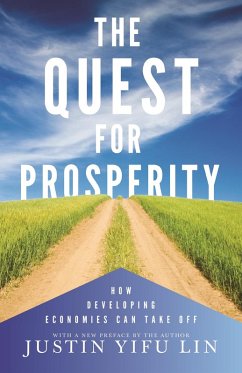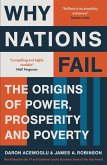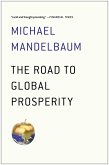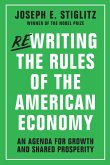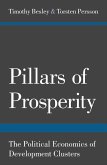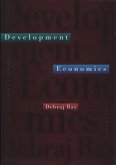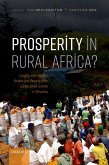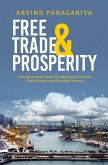Justin Yifu Lin's groundbreaking account of how developing countries can help themselves-now fully updated
How can developing countries grow their economies? Most answers to this question center on what the rich world should or shouldn't do for the poor world. In The Quest for Prosperity, Justin Yifu Lin-the first non-Westerner to be chief economist of the World Bank-focuses on what developing nations can do to help themselves. Lin examines how the countries that have succeeded in developing their own economies have actually done it. Interwoven with insights, observations, and stories from Lin's travels as chief economist of the World Bank and his reflections on China's rise, this book provides a road map and hope for those countries engaged in their own quest for prosperity.
How can developing countries grow their economies? Most answers to this question center on what the rich world should or shouldn't do for the poor world. In The Quest for Prosperity, Justin Yifu Lin-the first non-Westerner to be chief economist of the World Bank-focuses on what developing nations can do to help themselves. Lin examines how the countries that have succeeded in developing their own economies have actually done it. Interwoven with insights, observations, and stories from Lin's travels as chief economist of the World Bank and his reflections on China's rise, this book provides a road map and hope for those countries engaged in their own quest for prosperity.
"Lin, the chief economist and senior vice president for the World Bank from 2008 to 2012, tackles prevailing shibboleths in this provocative and challenging work. . . . While there is no easy answer to these problems, Lin's reminder that such development is not a 'zero-sum game' suggests that his thoughtful study should resonate among international audiences."--Publishers Weekly

